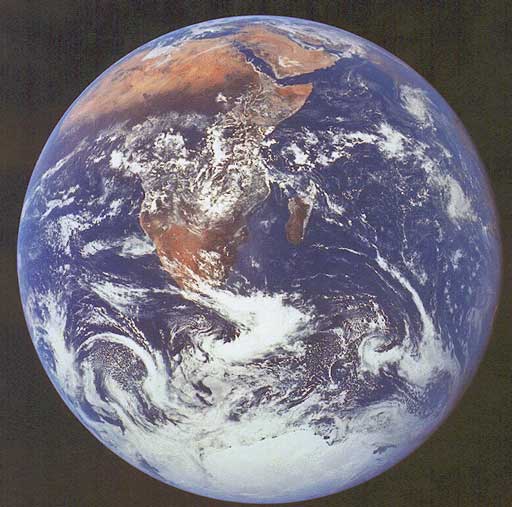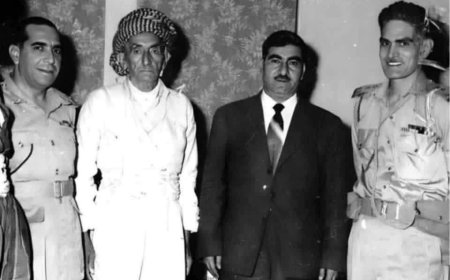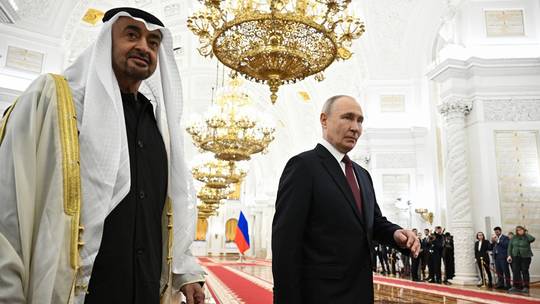Sykes-Picot, Iraqi Federalism and the Kurdistan Region
Michael EJ Phillips / Lecturer in the Department of French at Salahaddin University
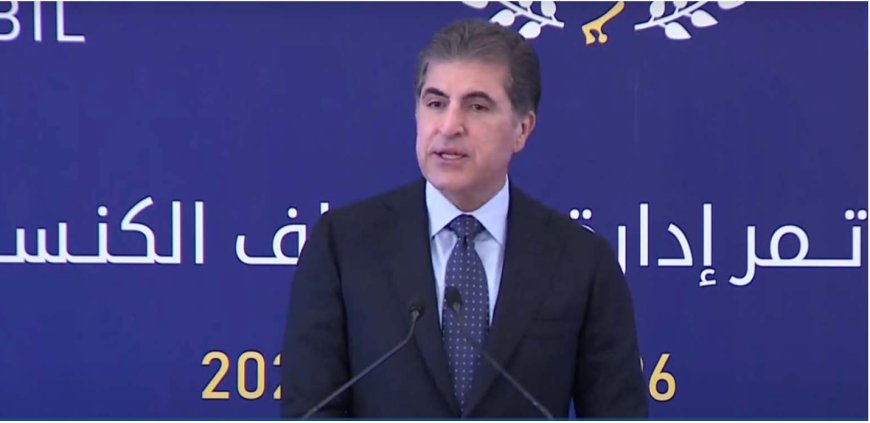
The Sykes-Picot Agreement was signed in secret between the governments of the United Kingdom and France, with support from Russia and Italy. Its purpose was to prepare for an eventual partition of the Ottoman Empire following the potential end of the Great War: spheres of influence and control would be agreed upon by the different parties. It assumed that the Triple Entente (the Russian Empire, the United Kingdom – which at the time included Ireland – and France) would emerge victorious from the war. An initial memorandum was agreed between late 1915 and early 1916, and ratified in mid-May 1916 (9 May by the British and 16 May by the French).
The outcome was to divide areas of the former Ottoman Empire into zones of British and French influence. It meant that control of present-day southern Israel, southern Iraq, Jordan and Palestine would go to the United Kingdom, while France would take the present-day Kurdistan Region of Iraq, Syria, Lebanon and southeastern Turkey. So, these two broad areas, in addition to other smaller ones and places like the ports of Haifa and Acre were divided by the “Sykes-Picot Line”. It must however be noted that it was not only Britain and France who gained spheres of influence mandated by treaty. Russia would take Western Armenia, the Turkish Straits and Constantinople – modern-day Istanbul, while Italy would benefit from her influence in southern Anatolia. Among the other agreements and treaties after the end of what is now known as World War I, the "Clemenceau-Lloyd George Agreement" modified Sykes-Picot, creating the Mosul cession whereby Mosul was ceded to the United Kingdom.
Iraq itself is an artificial construct, mainly resulting from the aftermath of World War I. While under British mandate, the foundations of modern Iraq were laid by the British-supported King, Faisal I. His focus was on unifying a country in which the former Ottoman provinces of Basra, Mosul and Baghdad existed; the existing populations were Shiites, Sunnis, Kurds, Turkmen, and all manner of others that contribute the rich tapestry of this ancient part of the world – and the cradle of civilisations including the Sumer, Assyrian and Akkadian; the land of Mesopotamia, which saw the birth of writing systems, scientific discoveries and inventions, mathematics, a code of law, the wheel and timekeeping among others.
In allusion to this artificially constructed nature of the Iraqi state, President Nechirvan Barzani commented during the recent Tehran Dialogue Conference (18 May 2025), “We live in a geography called Iraq. We must establish a governance model that is satisfactory to everyone … this model is outlined in the Iraqi Constitution, which was approved by 80 percent of the people. But Baghdad’s treatment of the Kurdistan Region does not align with the principles of federalism.” In the same vein, President Nechirvan Barzani went on to add that without meaningful dialogue between Erbil and Baghdad, the resolution of longstanding issues and disputes could not occur – putting the principles of political stability and equitable power-sharing at risk.
President Nechirvan Barzani’s approach and vision is for dialogue-based conflict resolution, commitment to peaceful coexistence and regional partnership. Furthermore, he believes in a country where people of all faiths and ethnicities live in harmony with one another. Such an approach is also borne out by his actions. It is worth quoting part of his address to the Church Endowments Administration Conference in Erbil (26 May 2025) to illustrate this point.
“Kurdistan belongs to all of us. It unites us beneath its sky and on its rich soil, without distinction. It holds rights over all of us, and we, in turn, possess rights within it. We are obliged to safeguard and defend this land. For millennia, this territory has been recognised for its ability to unite diverse religious and ethnic groups, fostering mutual acceptance and peaceful coexistence among all communities. All of us bear the duty and responsibility to contribute to its development, protection, and promotion.”
He further spoke of his strong commitment to safeguarding the rights of the diverse communities who call the Iraqi Kurdistan Region home. He reiterated in the conclusion to his address that “Kurdistan will always be a place of diversity, tolerance, and freedom.” It can be seen, therefore, that despite the challenging circumstances in which we live, including the legacy of history and treaties signed long ago at a very different time and in a very different world, that President Nechirvan Barzani is working hard to make peaceful coexistence and respect for all regardless of creed or colour a concrete reality.




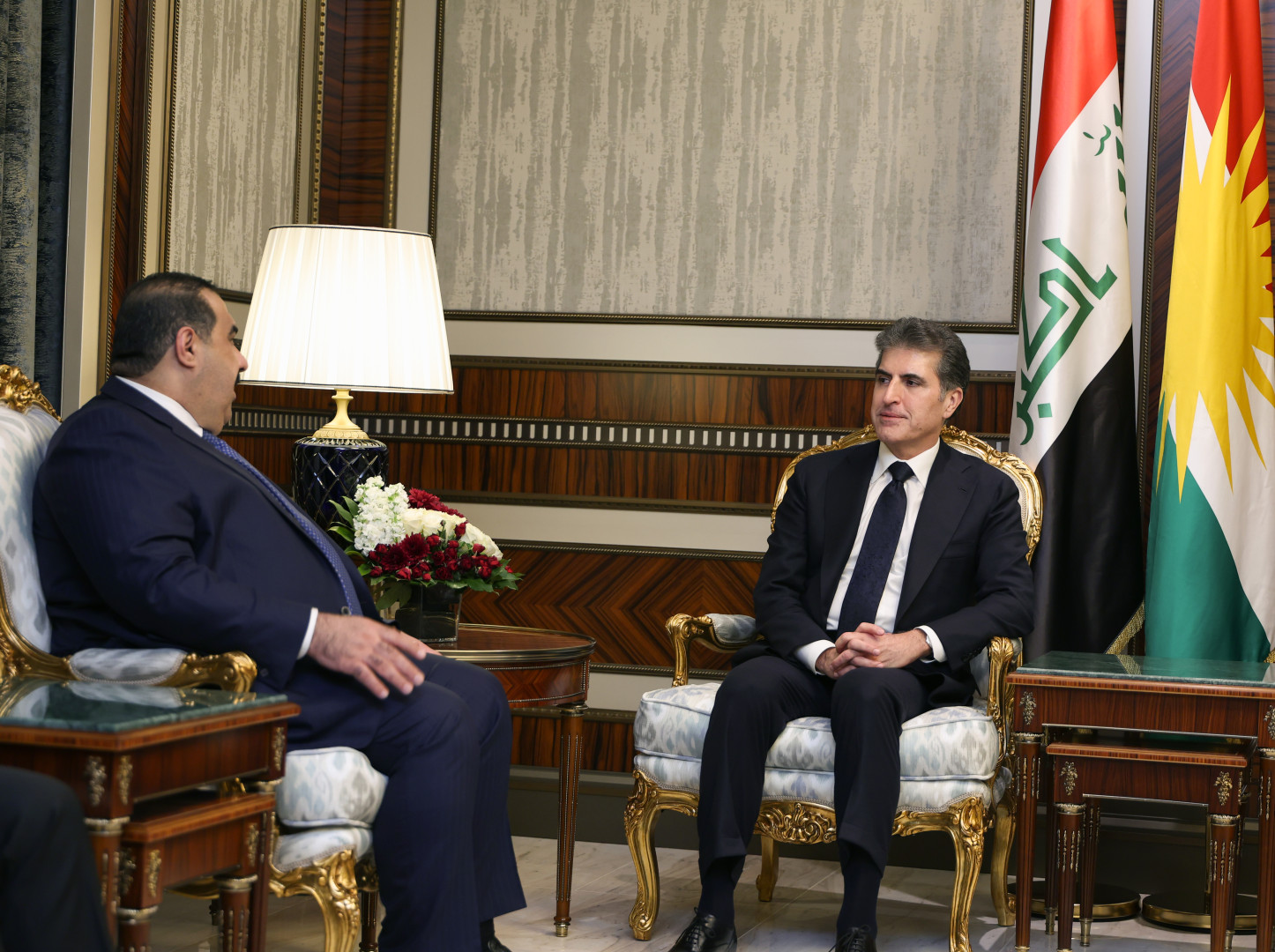
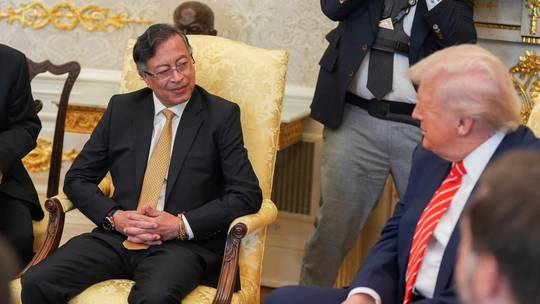




/file/attachments/orphans/GettyImages-173171038_666041.jpg)








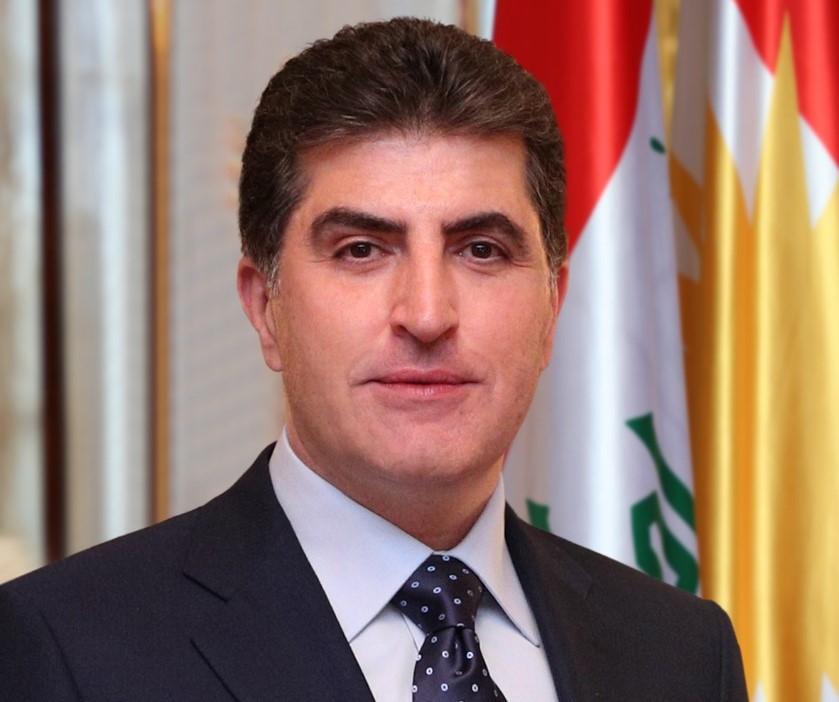



/file/attachments/orphans/IMG_9103_429753.jpeg)






